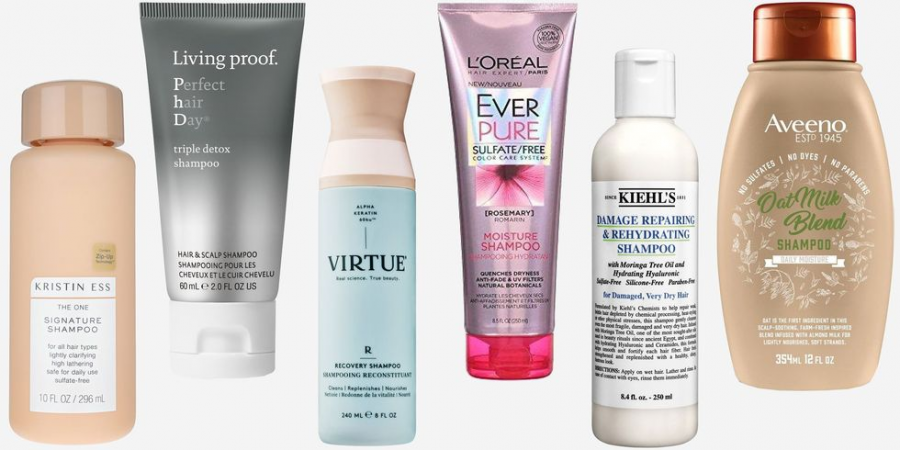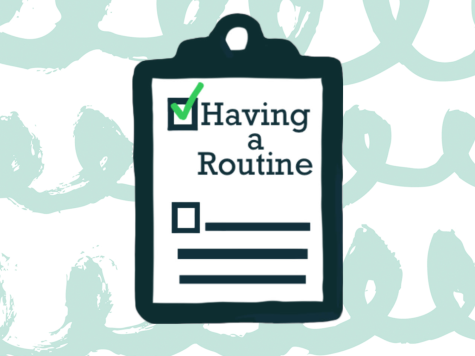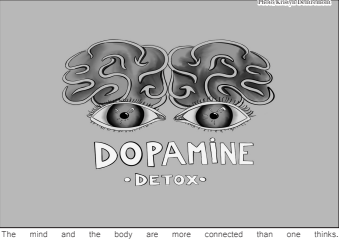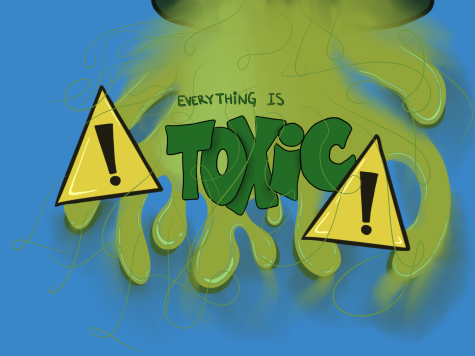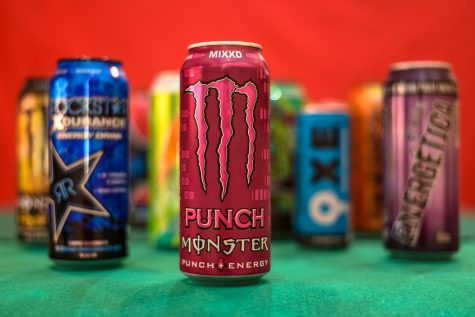Should We Still Use Shampoo With Sulfates?
Over the past few years, there have been studies done about harmful chemicals in shampoos and which ones in particular to stay away from. There were also myths about shampoos that cause cancer and hair loss, but with more research done, those myths have been proven wrong. The most common chemical in beauty products that has been talked about is sulfates. There are three different sulfates that are most commonly found in beauty products: sodium laureth sulfate, sodium lauryl sulfate and ammonium laureth sulfate.
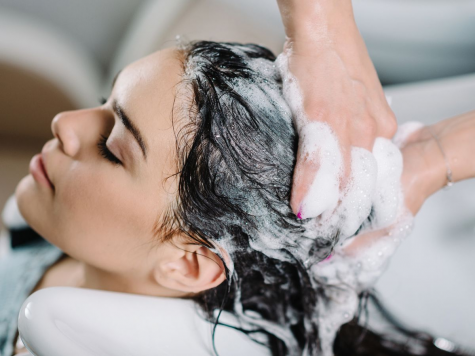
Some people may not know that sulfates are in more products than just shampoo. Sulfates are responsible for the “foaming” element in beauty products, which means they can also be in facial cleansers, toothpaste, body wash and laundry and dish detergents. However, the amount of sulfates in toothpaste and facial cleanser are around 1 to 2 percent compared to the amount in shampoo: 10 to 25 percent. More shampoo brands have started making sulfate-free products because sulfates can strip away natural oils, which makes hair dry and brittle. Despite popular belief, researchers have found that sulfates may not be bad for everyone; it all depends on the intensity and amount of sulfate in each product. Of the most common sulfates, the ones ending in -eth are milder than the ones ending in -yl.
It also depends on hair and skin type. Sulfates “allow grime and dead skin cells to be removed from your skin and scalp and washed away with water,” says Eric Schweiger, M.D., founder of Schweiger Dermatology Group. For people that tend to have more oily hair or dandruff, using a shampoo with sulfates might be beneficial for them. On the other hand, if someone has dyed or kinky hair, they might want to consider using sulfate-free shampoo because sulfates may be too harsh on their hair. Sulfates can strip color from color-treated hair because of how harsh of a cleanser it is. People with dry or frizzy hair may also want to consider ditching sulfate shampoo because it can strip natural oils and moisture. Lastly, if someone has sensitive skin or eczema, researchers have recommended trying sulfate-free shampoo because that could help with scalp irritation and dryness. Healthline.com says that “the highest risk of using products with sodium lauryl sulfate (SLS) and sodium laureth sulfate (SLES) is irritation to your eyes, skin, mouth, and lungs. For people with sensitive skin, sulfates may also clog pores and cause acne.”
Here is a list of popular shampoo brands that use sulfates in their formula: VO5, TRESemmé, Pantene, Aussie, Head and Shoulders, Suave and Garnier Fructis. Here is a list of the best proven sulfate-free shampoos that can be bought at drug-store price: Aveeno “Scalp Soothing Oat Milk Blend Shampoo,” Mielle “Rosemary Mint Strengthening Shampoo,” Kristen Ess “The One Signature Shampoo,” L’Oréal Paris “Moisture Shampoo” and Nexus “Color Assure Long Lasting Vibrancy Shampoo.” There are also plenty of more expensive sulfate-free shampoos that are sold at both Sephora and Ulta.
At the end of the day, using shampoo with sulfates or deciding to use sulfate-free shampoo is a personal choice. Sulfate-free shampoo requires more of a rigorous massage to get hair clean because it does not foam or lather as much as regular shampoo does. Sulfates affect everyone’s hair differently and some may find their hair does not feel much better with sulfate-free shampoo; however, everyone should try it and see for yourself.

Cate Stanton, class of 2022, is co-Editor-in-Chief of The Searchlight. At Walpole High School she is co-President of the French Club, a member of the National...


